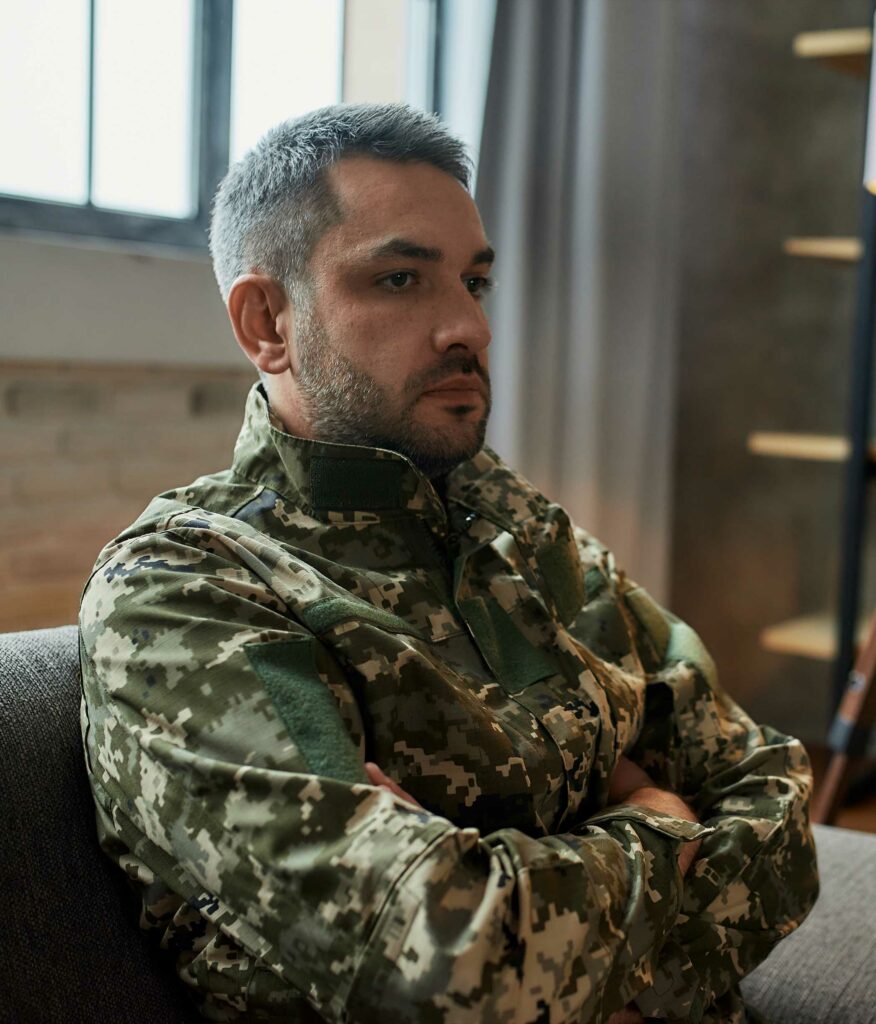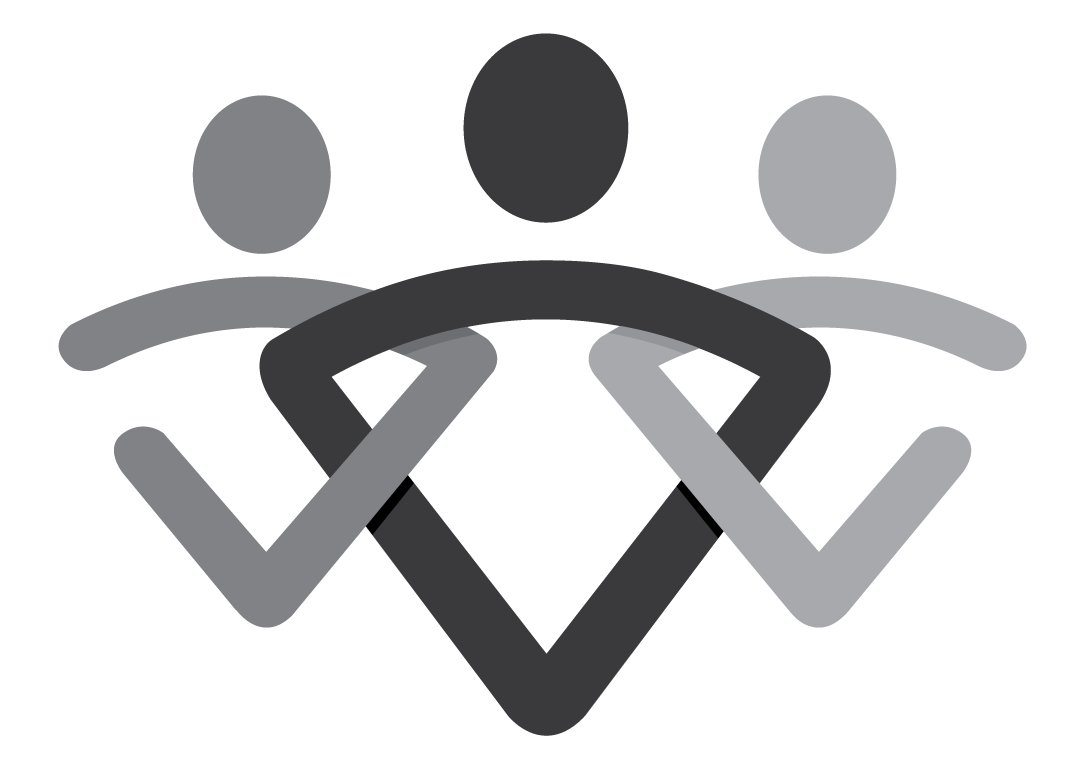Therapy for trauma and PTSD in Pittsburgh
Get help from one of our expert counselors. Most major insurances accepted and sliding scale private pay available.
Are you aware of your trauma?

Trauma is pervasive in society. While some people are acutely aware of their traumatic experiences, many of our life experiences are not recognized as trauma. Trauma is about what has happened to you, not what is wrong with you. Trauma occurs when you can’t quickly heal from the adversity you experience. The experience of trauma is always unique to the person experiencing it and is affected by internal and external resources that we possess. It is not something that can be avoided through strength of will or character.
PTSD is a disorder that occurs when someone experiences or witnesses trauma. Not all trauma will result in PTSD. When the trauma results in the person reliving the experience over and over in their heads through flashbacks, dreams, or intrusive thoughts, they should seek the help of a professional to determine a course of treatment.

Symptoms of trauma
Response to trauma may be immediate or delayed and may last a brief or extended period of time. Normal, short-term responses to trauma generally lessen with time and include:
Feeling anxious, sad, or angry

Trouble concentrating and sleeping

Continually thinking about what happened
In some cases, response to trauma continues for a longer time and interferes with everyday life. In these cases, signs that you should seek help include:
- Excessive worrying or feeling very anxious, sad, or fearful
- Crying often
- Difficult concentrating
- Reliving the experience or having flashbacks
- Feeling angry or irritable
- Sleep disturbances
- Isolating from family and friends


Physiological responses to trauma are also common. Physical symptoms may include:
- Headaches
- Gastrointestinal problems
- Fatigue
- Racing heart and sweating
- Being unusually jumpy or startling easily
Types of Trauma
Do you have depression? Only a trained professional can diagnose clinical depression.
Trauma is personal and specific to the person experiencing it. Some common types of trauma are:
- Domestic abuse
- Neglect
- Sexual abuse/assault
- Medical trauma
- Military trauma
- School violence or bullying
- Car accident
- Drug overdose
- Community violence
- Natural disasters
- Displacement from home
- War
- Terrorism
- Witnessing any traumatic event

Have you experienced trauma? Therapy from our professional counselors can help you to recover.
A counselor trained in trauma therapy can help you to determine what type of treatment is best for you. Types of treatment include EMDR (Eye movement desensitization and reprocessing), CBT (Trauma-focused cognitive-behavioral therapy), and psychodynamic psychotherapy.
How can we help?
Contact us today by filling out our online intake form - or just call us at (412) 229-7353. We have a caring, compassionate and expert counselor to listen and help.

"Lorem ipsum dolor sit amet, consectetur adipiscing elit."
Enim ad minim veniam, quis nostrud exercitation ullamco laboris nisi ut aliquip ex ea commodo consequat. Duis aute irure dolor in reprehenderit in voluptate velit esse cillum dolore eu fugiat nulla pariatur? Excepteur sint occaecat cupidatat non proident, sunt in culpa qui officia deserunt mollit anim id est laborum.
- Amy, Elementry School Teacher
Therapy for trauma and PTSD will help you to:
- Make sense of traumatic events by reframing the experience
- Develop skills to better handle negative thoughts and feelings
- Improve close relationships and connections with people
- Reduce or eliminate triggers and symptoms of PTSD

Ready to take the first step?
We have a tremendous team of caring and skilled counselors who want to help. The first step can sometimes be the hardest. Contact us below to take that step.

